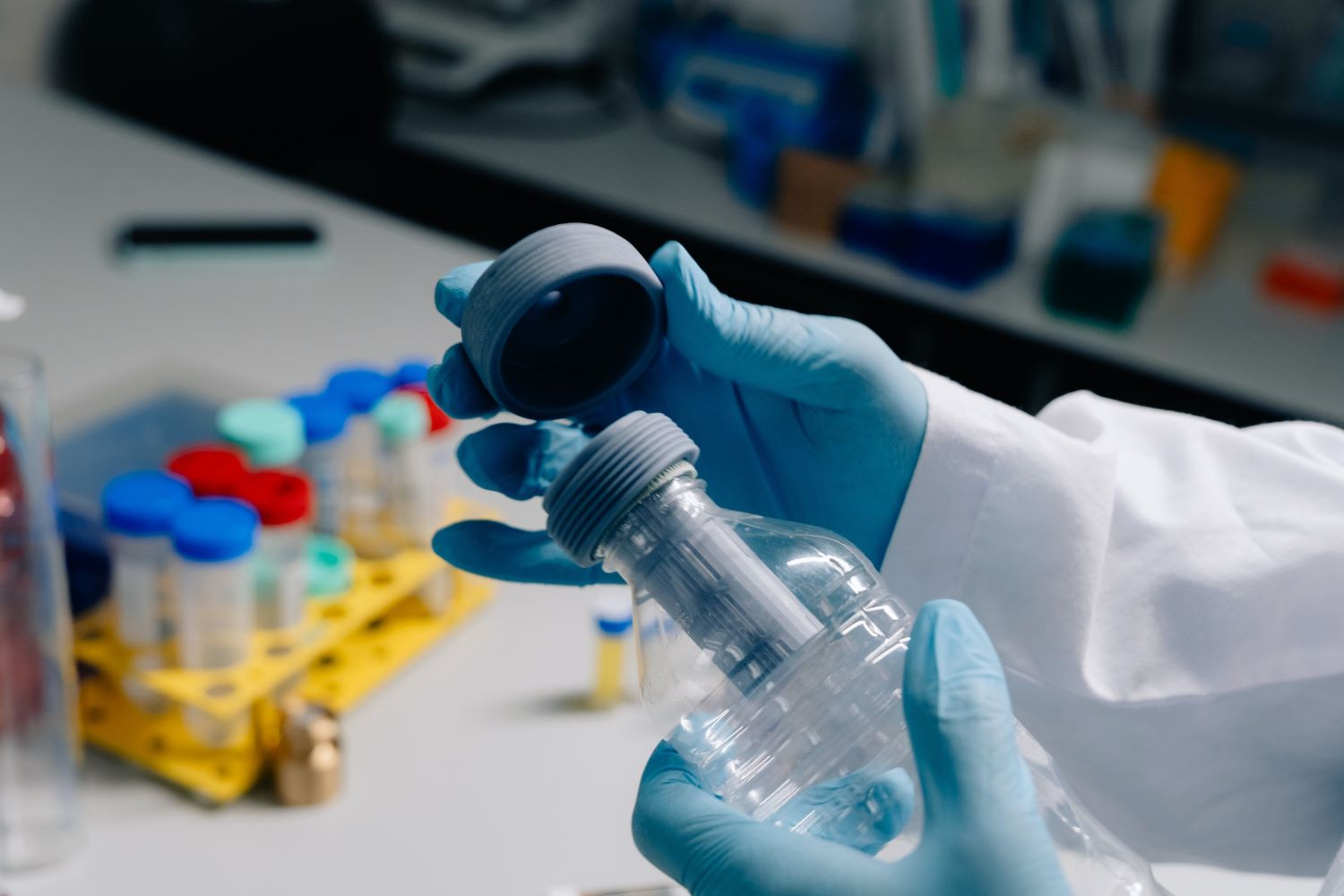Novosibirsk State Technical University (NETI) has proposed using modified chitosan to purify water collected from any source. The development can be used in hiking and field conditions.
A team of scientists from Novosibirsk State Technical University (NETI), led by Ekaterina Litvinova, Candidate of Biological Sciences, is studying the properties of biogel in its various modifications. This product has already found practical application in various fields, from medicine to crop production. The university decided to use a chitosan-based gel as a water purifier.
"Since chitosan can efficiently absorb heavy metals, toxic protein molecules, and various unpleasant odors, the idea arose to use it as a water purifier. Two types of biogels based on modified chitosan were selected, and we tested them: we collected water from an ordinary puddle, purified it, and sent it for analysis. The water has shown the SanPiN standards, that is, it is suitable for drinking," said Ekaterina Litvinova, Candidate of Biological Sciences, head of the Biogeli project.
A bag of biogel has a mesh structure (like a tea bag) and is a layered cake: a layer of carbon filter, one type of gel, a carbon layer, a second type of gel, another carbon layer. This bag is placed inside the filter cartridge, which is inserted into the neck of the bottle and the lid is screwed on top. The lid can be modified to fit the size of the bottle neck using additional modules. One bag of biogel is designed for 5 liters of water.
"For water purification, we recommend additionally using chlorine tablets. Since biogel absorbs chlorine well, there will be no chlorine residues in drinking water. You can draw water from any reservoir, drop pills, insert a filter cartridge with a gel bag, screw on the lid — and get water suitable for drinking. This development provides for water purification in field conditions or on long-distance expeditions. There are no domestic analogues, there is an American water treatment system, but it is based on a different principle," adds Ekaterina Litvinova.
The project to study the properties of biogel in its various modifications is part of the biomedical direction of the Priority 2030 program, implemented at NSTU-NETI, and has broad prospects for use in industrial and domestic conditions, as well as for the needs of medicine, animal husbandry and crop production.
